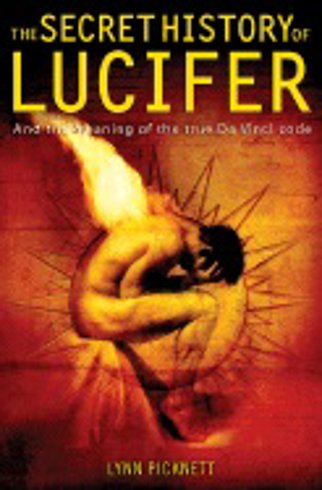


And people are obviously interested some are interested in them for religious reasons and some just because they're interested in our culture's past. These are for me purely historical interests. My agenda really is more historical-making sure people understand the historical realities of the life of Jesus, his relationship to Mary Magdalene, how we got our New Testament Gospels, why other gospels were excluded, what the role of Constantine was in the formation of Christianity. I haven't made a precise study of this, but I think almost all of the other books are written by evangelical Christians who are concerned that "The Da Vinci Code" might lead their people astray. How is your book different from previous "Da Vinci Code" spinoffs? But people reading the book aren't equipped to separate the fact from the fiction. The difficulty I had reading through "The Da Vinci Code" with that in mind was that most of the descriptions of ancient documents, in fact, are not factual-they're part of his fiction. Dan Brown begins the book by laying out what he calls historical facts, and he includes the statement that all descriptions of art, architecture, sacred rituals, and documents are factual. But the thing that troubled me is that the fiction is allegedly based on historical fact. I liked "The Da Vinci Code" as a work of fiction. What did you think of "The Da Vinci Code"? Beliefnet senior editor Deborah Caldwell recently talked with Ehrman about the "Da Vinci" errors. Focusing on ten issues-including the role Constantine played in the formation of the Bible and the evidence for Jesus' marriage to Mary Magdalene-Ehrman gives readers a lesson in how the Bible is scrutinized by scholars, without a theological wrist-slap. Like a lot of Americans, he loved reading "The Da Vinci Code," but Ehrman also immediately noticed factual errors ("howlers," he calls them). The trailer debuts just as Britain's Westminster Abbey announced it would not allow Howard's movie to film there because the abbey considers the book "theologically unsound."īart Ehrman has written widely on early Christian documents. In the last couple of weeks, Sony Pictures, the studio behind the Ron Howard-directed adaptation of Dan Brown's novel, has released a short "Da Vinci Code" trailer, which is playing in theaters before the new Star Wars movie.

Still, "The Da Vinci" juggernaut moves forward. More than two years after it was published, "The Da Vinci Code" remains a huge best-seller-and a point of contention among evangelical Christians, most of whom consider it blasphemous.


 0 kommentar(er)
0 kommentar(er)
